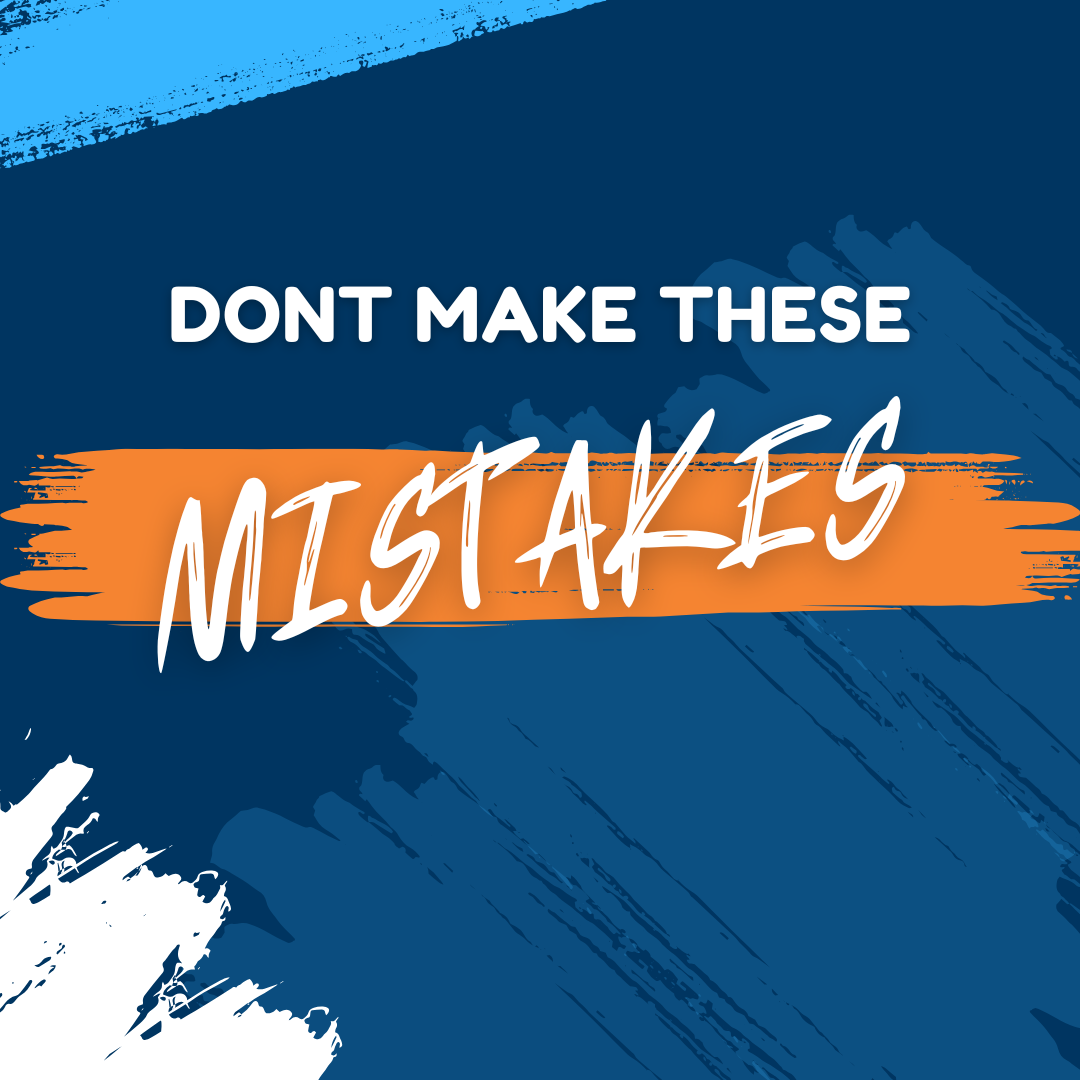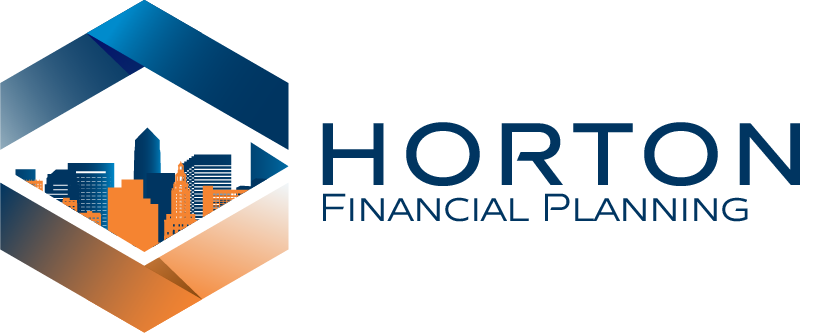Roth vs. Traditional Retirement Accounts: Which One Wins?
Ah, tax planning—one of those grown-up things we all know we should care about, but sometimes it feels like choosing between kale and spinach. Necessary? Yes. Exciting? Well, that depends on how much you love watching your money grow. But here’s the deal: making the right choice now can mean a world of difference when you’re ready to kick back and enjoy the golden years.
If you’ve ever wondered whether to stash your cash in a Traditional retirement account or a Roth, you’re not alone. These two heavyweights in the retirement world have their strengths and weaknesses, and choosing wisely could mean the difference between a stress-free retirement and a tax-time surprise. So, let’s break it down.

The Basics: Traditional vs. Roth
At their core, both Traditional and Roth retirement accounts—whether 401(k)s or IRAs—help you build wealth for the future. The biggest difference? When you pay taxes.
Traditional Accounts (401(k), IRA): You contribute pre-tax dollars, meaning you get a tax break now but owe the IRS later when you withdraw in retirement.
Roth Accounts (Roth 401(k), Roth IRA): You contribute after-tax dollars, meaning you pay taxes now, but your money (including gains!) comes out tax-free in retirement.
So, do you want the tax break today or the tax-free income tomorrow? That’s the million-dollar question.
The Pros and Cons
Traditional Accounts: Delay Taxes, But Pay Later
✅ Lower taxable income now – Your contributions reduce your taxable income today, potentially lowering your tax bill.
✅ Ideal for high earners – If you’re in a high tax bracket now but expect a lower one in retirement, this could be a win.
✅ Employer match perks – Many employers offer matching contributions to Traditional 401(k)s, essentially giving you free money.
❌ Required Minimum Distributions (RMDs) – The IRS won’t let you defer taxes forever. Once you hit age 73, you must start withdrawing, whether you need the money or not.
❌ Tax bomb in retirement – Every withdrawal is taxed as regular income, which can potentially push you into a higher bracket than you're in now.
❌ Less flexibility – Early withdrawals come with penalties and taxes unless they qualify for exceptions (like first-time home purchases or certain medical expenses).
Roth Accounts: Pay Now, Enjoy Later
✅ Tax-free growth – You’ve already paid taxes, so your future self enjoys your contributions and any growth 100% tax-free income.
✅ No RMDs – Unlike Traditional accounts, Roth accounts don’t force you to withdraw at 73. Your money can keep growing tax-free for as long as you want.
✅ Great for generational wealth – If you don’t need the money, you can leave it to your heirs tax-free, giving them a powerful financial head start.
❌ No tax break today – You won’t get a deduction now, which can sting if you’re looking for ways to lower your taxable income.
❌ Income limits – Roth IRAs have income limits, meaning high earners may not be eligible to contribute directly (though backdoor Roth strategies exist).
Required Minimum Distributions (RMDs): The IRS’s Way of Collecting Taxes
Here’s the deal: The government won’t let you hoard tax-deferred money forever. With Traditional accounts, RMDs kick in at age 73, forcing you to withdraw a calculated amount each year—whether you need it or not. This can mean surprise tax bills and potential bracket jumps if you’re not careful.
Roth IRAs, on the other hand, have no RMDs, making them an incredible tool for building generational wealth. Want to pass that money down to your kids tax-free? A Roth lets you do that.
Which One Should You Pick?
The best choice comes down to tax strategy and stewardship. If you’re in a low tax bracket now and expect higher taxes later, a Roth is a no-brainer. If you’re earning big bucks today and expect lower income in retirement, a Traditional account might make sense—but watch out for those RMDs down the road.
Dave Ramsey’s philosophy? Go for the Roth whenever possible. Why? Think about this: Do you expect tax rates to go up or down in the next 20-30 years? I think most of us would say "well up, of course." If that's the case, then getting your taxes out of the way now might make sense. The sooner you get Uncle Sam out of your life, the more control you have over your money, rather than letting the IRS make your decisions for you.
Final Thought: Be a Good Steward of Your Money
Your retirement choices aren’t just about tax savings; they’re about building wealth for the life you want. Whether you go Traditional or Roth, the key is to invest consistently, stay out of debt, and remember that your future self is counting on you. And when in doubt—I always lean toward keeping more of your money tax-free in the long run.
Because let’s be real: Retirement should be about enjoying life, not worrying about what percentage Uncle Sam is taking. Choose wisely, invest diligently, and be a good steward of what you’ve been given!
Check the background of your financial professional on FINRA’s BrokerCheck.
Securities and investment advisory services offered through Osaic Wealth, Inc. member FINRA / SIPC. Osaic Wealth is separately owned and other entities and/or marketing names, products or services referenced here are independent of Osaic Wealth.
The content is developed from sources believed to be providing accurate information. The information in this material is not intended as tax or legal advice. Please consult legal or tax professionals for specific information regarding your individual situation. The opinions expressed and material provided are for general information, and should not be considered a solicitation for the purchase or sale of any security.
This communication is strictly intended for individuals residing in the state of Florida. No offers may be made or accepted from any resident outside the specific state(s) referenced.
This site is published for residents of the state of Florida and is for informational purposes only and does not constitute an offer to sell or a solicitation of an offer to buy any security or product that may be referenced herein. Persons mentioned on this website may only offer services and transact business and/or respond to inquiries in states or jurisdictions in which they have been properly registered or are exempt from registration. Not all products and services referenced on this site are available in every state, jurisdiction or from every person listed. © 2024
